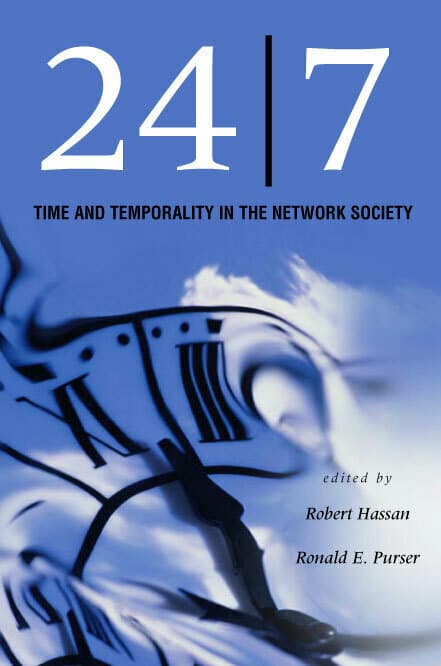Learning From the Global Financial Crisis

This book is motivated by the simple hope that the cloud of the global financial crisis may yet have a silver lining—that political leaders, economists, and management scholars might seize this opportunity to reflect critically on the assumptions, practices, and infrastructures that have precipitated the crisis and to imagine and create new forms of organization that sustainably enhance the well-being of global stakeholders.
The contributors suggest that aesthetic management, high reliability and crisis management, and sustainability science have much to contribute to the resolution of the collapse that we've witnessed, and to providing enduring lessons for how to structure the institutions of the future. Learning From the Global Financial Crisis devotes a section to each of these areas, offering full-length chapters which explore key issues in depth, as well as shorter commentaries that focus on practical considerations. The chapters progress from micro-level issues that pertain to individuals and teams who act creatively; to the meso-level issues that pertain to the structures, practices, and processes; to the macro-level issues that pertain to the interdependent, ecological systems.
Together, the contributions emphasize the importance of developing holistic responses to the financial crisis. The result is a volume that casts new light on traditional economic and managerial theories and policies and provides fresh ideas to a new generation of scholars and practitioners.
"Yes, we have considered the financial crisis, but no other book has fruitfully examined this historical moment in the same way as this volume. It is through taking on new perspectives-like creativity, sustainability, and reliability-that we reveal the deeper fallacies in our approaches to markets and organizations. We know what caused the crisis; in this book we come to understand what underpinned those causes and how to shift our foundations."—Hans Hansen, Texas Tech University




